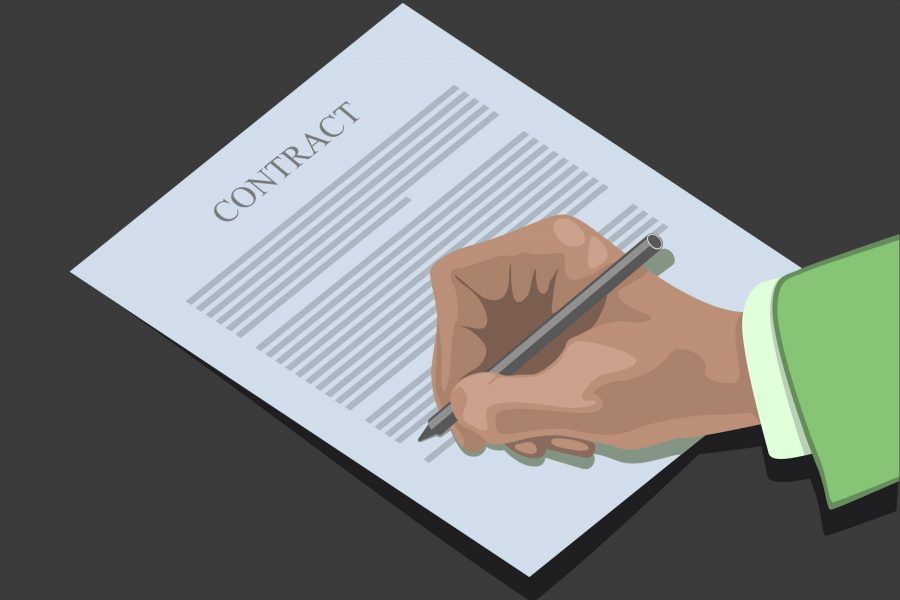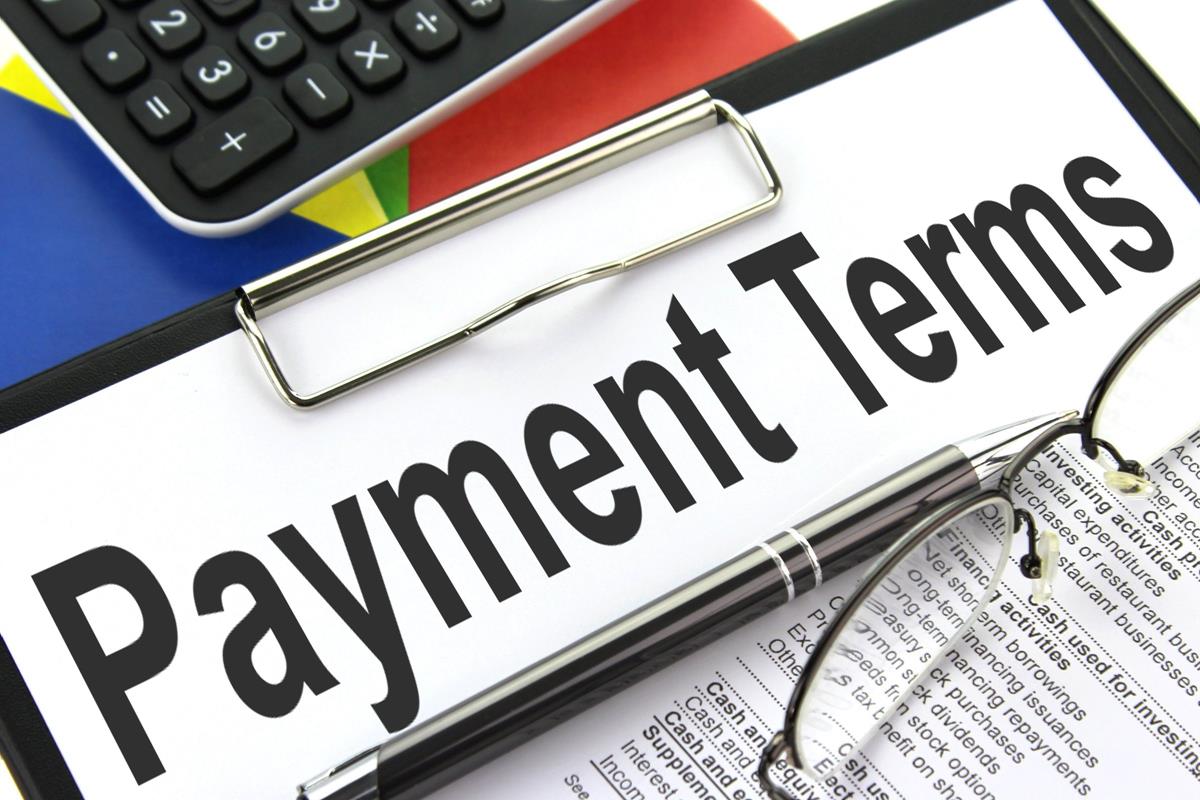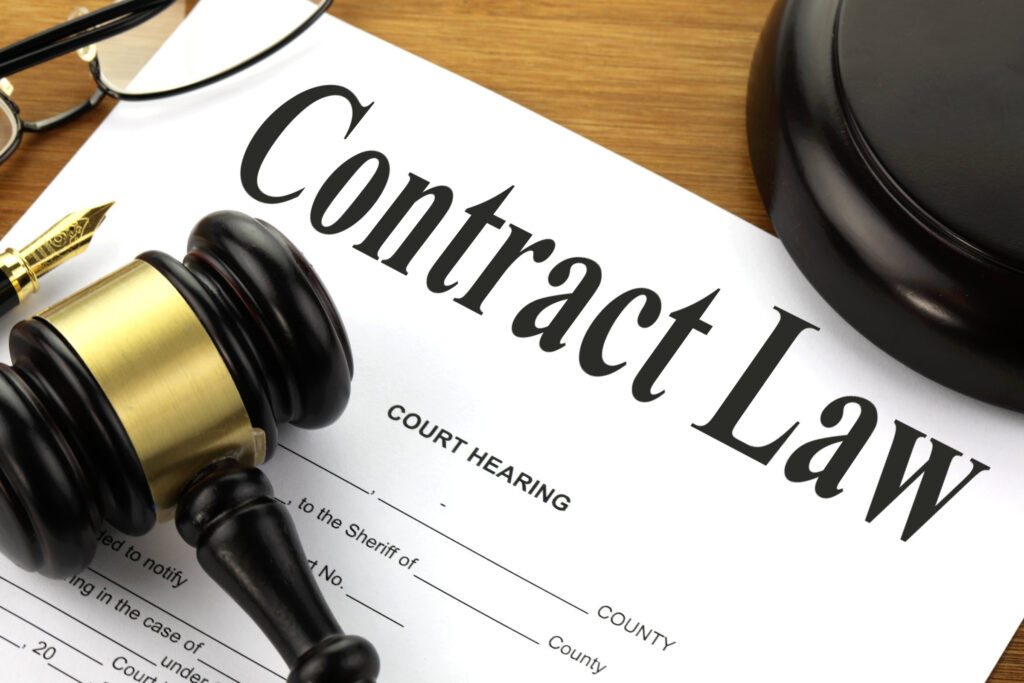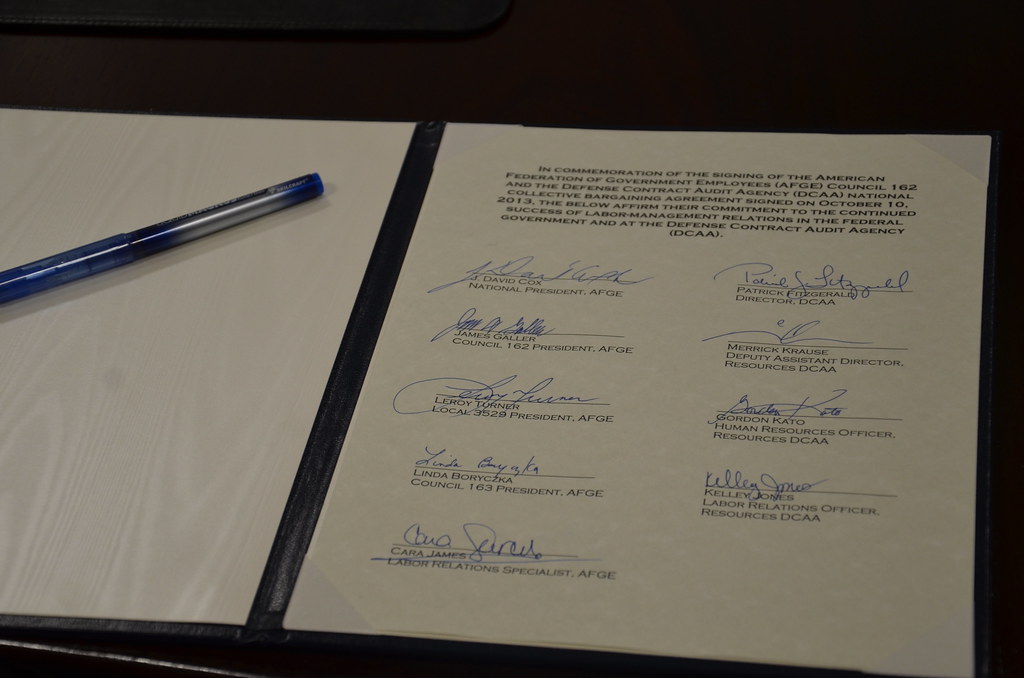
Ever felt that tiny pang of dread, or maybe a full-blown panic, right before you sign a document filled with legal jargon? You’re not alone! From snagging that dream job offer to joining a new gym, locking in a freelance gig, or even moving into your new apartment, contracts are literally everywhere. They’re the hidden architects of our daily lives, yet so many of us breeze through them, eager to get to the good stuff, or simply overwhelmed by the small print.
Here’s a startling truth: a recent Adobe Acrobat survey from January 2025 revealed that a whopping 69% of consumers admitted to signing contracts without truly reviewing their contents. That’s a huge number of people potentially walking into agreements with hidden fees, unexpected auto-renewals, confusing ownership clauses, one-sided terms, or even significant legal liabilities they didn’t realize they agreed to. Maybe we feel rushed, or we trust the other party, or we just want to avoid looking like we don’t understand.
But here’s the deal: a contract is a serious legal commitment. Once your signature (or click of ‘I agree’) is on that dotted line, you’re expected to follow every word. Understanding what you’re agreeing to isn’t just a smart move; it’s an absolute necessity to protect your interests and steer clear of future headaches and complications. That’s why we’ve put together this essential guide, breaking down the 13 most important questions you absolutely need to ask before you sign on the dotted line, no matter what kind of agreement you’re facing.

1. **What exactly am I agreeing to?**This might sound like the most basic question, but trust us, it’s arguably the most important one you can ask. Before you put your name to anything, you need to have crystal-clear clarity on the actual deal being made. What are your specific responsibilities? What exactly is the other party promising or providing in return? Are the key services, products, or promises being exchanged clearly defined and understood by everyone involved?
It’s crucial to watch out for vague terms or phrases like “industry standard” or “as discussed.” These can be major red flags because what one person considers ‘industry standard’ or ‘as discussed’ might be completely different from another’s interpretation. Such ambiguity can lead to serious disputes and misunderstandings down the line, potentially costing you time, money, and a whole lot of stress.
To safeguard yourself, always ask for clear, written descriptions of services, specific deadlines, and explicit responsibilities for both parties. Don’t settle for verbal assurances that can easily be forgotten or denied. The contract should be a comprehensive, standalone document that leaves no room for guesswork about the core agreement, ensuring everyone is on the same page from day one.
Think about a freelance designer hired to “create marketing materials.” That sounds great, right? But what does it truly entail? Does it mean one simple flyer, or are they expected to deliver a full-blown marketing campaign with multiple designs, social media assets, and a brand guide? Clarifying these details before you sign is absolutely essential, as the scope of work directly impacts time, cost, and expectations.

2. **How long does this contract last?**Contracts aren’t always forever, and knowing their lifespan is incredibly important for your long-term planning. Agreements often come with a specific time frame, sometimes explicitly stated in bold print, and other times cunningly hidden in the labyrinth of fine print. Ignoring this detail can lead to being locked into a commitment far longer than you ever intended or even expected.
Understanding the length of your commitment helps you plan ahead, whether it’s for your business operations, personal finances, or future career moves. You don’t want to find yourself stuck in an agreement that no longer serves your needs simply because you overlooked a crucial date or an automatic renewal clause. This question empowers you to make informed decisions about your future commitments.
Always look for clear start and end dates within the contract. Equally important are the renewal terms – does the contract automatically renew unless you actively cancel it? If so, what’s the notice period for cancellation? And what happens at the very end of the contract term? Does it simply expire, or do certain obligations continue?
Consider a cleaning company contract that states an “initial term: 12 months.” Seems straightforward enough. But then, you might discover it auto-renews unless canceled 30 days before the end date. Missing that tiny window could mean you’re on the hook for another full year of service you no longer need. Knowing these details upfront helps you maintain control over your commitments.

3. **What are the payment terms?**Let’s be real: money matters. And when it comes to contracts, if the financial terms aren’t absolutely crystal clear upfront, things can get messy, fast. You need to know precisely how much you’re paying, or equally important, how much you’re getting paid. Ambiguity around money can strain relationships and lead to serious disagreements, eroding trust faster than you can say ‘invoice.’
Beyond just the amount, you need to understand the rhythm of payments. When exactly is payment due? Is it a one-time fee, monthly installments, or project-based milestones? How is payment made – via bank transfer, credit card, or check? And don’t forget the details: are there any late fees for missed payments? Is a deposit required upfront, and is it refundable under certain conditions? What are the policies for refunds in general?
Any contract that features unclear or constantly shifting payment terms should immediately trigger a red flag. This lack of transparency can be a sign of future problems, indicating potential financial instability or a lack of professionalism from the other party. Insist on clear, unambiguous language when it comes to all financial aspects, documented explicitly within the contract itself.
Imagine a wedding photographer’s contract. It might require a 50% deposit upfront, 25% before the event, and the final 25% after the delivery of the photos. This staggered payment schedule, along with the exact amounts and dates, must be meticulously written down in the contract. Such specifics protect both the client and the service provider, ensuring expectations are aligned and payment disputes are minimized.
4. **Can I end the contract early?**Life is full of twists and turns, and sometimes, circumstances change unexpectedly. You might find yourself in a situation where you need to exit a contract before its natural expiration. Knowing how to do this without incurring massive penalties or legal headaches is absolutely crucial. This question is all about understanding your escape routes and safeguarding your flexibility.
It’s important to ask: Can I cancel this agreement early? If so, what are the specific conditions or triggers for early termination? How much notice do I need to give the other party to effect a cancellation? Is there a mandatory notice period, and what happens if I fail to provide it? These details are vital for managing your commitments responsibly.
Also, pay close attention to whether there are any cancellation fees or “lock-in” periods. Some contracts might allow early termination but come with a hefty fee, while others might specify a period during which you cannot cancel without serious repercussions. Understanding these clauses helps you weigh the true cost of an early exit and plan accordingly, mitigating potential financial surprises.
For example, if you join a co-working space and sign a 6-month contract, then two months in your business suddenly moves to another city. If the contract states you owe the full amount for the remaining four months anyway, that’s a significant problem you could have avoided by reading and potentially negotiating the termination clauses ahead of time. While not always legally required, having a termination clause explicitly clarifying how parties can exit the agreement helps immensely in avoiding disputes later, as noted in common legal inquiries.
5. **What happens if something goes wrong?**Let’s face it: in any agreement, things can occasionally go sideways. Contracts aren’t just about what *will* happen; they’re equally about clearly outlining what happens if things *don’t* go as planned. This foresight is your best defense against unexpected problems like delays, broken promises, substandard service, or even non-payment. A robust contract should thoroughly cover all these “what ifs.”
If a problem does arise, how will it be resolved? Does the contract specify a particular dispute resolution mechanism? Options often include going to court, engaging in mediation (where a neutral third party helps facilitate a compromise), or undergoing arbitration (where a neutral third party makes a binding decision). Knowing this process upfront can save you from costly and time-consuming legal battles, providing a clear path forward when disagreements occur.
Furthermore, check for specific refund or repair policies. If a product is faulty or a service isn’t delivered to specification, what recourse do you have? Will you receive a full or partial refund? Will the other party be obligated to repair or redo the work? The contract should also detail any penalties for breaching the agreement, clearly outlining the consequences if either party fails to uphold their end of the bargain. This clarity around enforcement and remedies is a crucial takeaway for any contract.
Consider this: if you hire a builder who doesn’t finish your kitchen renovation on time or to the agreed-upon standard, what happens next? Can you demand a refund for the incomplete work? Will they be required to redo the work at no extra cost? These scenarios, along with the precise steps and remedies, should all be meticulously laid out in the contract, ensuring that expectations are managed and accountability is enforced when breach of contract questions arise.
Read more about: Total Regret with Every Service: 15 Vehicles Owners Vow They Would ‘Unbuy’ If They Had a Time Machine

6. **Are there any important deadlines or tasks I need to remember?**Even seemingly straightforward contracts can be peppered with critical deadlines and specific tasks that you are obligated to follow. Missing these can have serious repercussions, potentially putting you in breach of the agreement and leading to penalties or even the termination of the contract itself. It’s not just about the big picture; the devil, as they say, is often in the details.
You need to meticulously scan the document for any payment due dates, ensuring you know exactly when each financial obligation needs to be met. Equally important are delivery schedules, especially in project-based contracts. When are milestones due? When is the final product or service expected to be delivered? These dates are crucial for planning and managing your resources effectively.
Beyond monetary and delivery timelines, look out for required paperwork or reports. Some agreements might stipulate that you submit monthly progress reports, provide specific documentation, or obtain certain approvals by a given date. Failing to fulfill these administrative tasks can be just as damaging as missing a payment, as they often form an integral part of your contractual obligations.
For example, a service agreement might require you to submit monthly reports by the 5th of each month. If you consistently miss these reports, you could inadvertently violate the contract terms, even if you’re otherwise performing well. Identifying and calendaring all such deadlines from the outset is a proactive step toward successful contract management and avoiding unnecessary complications.

7. **Who is responsible for what?**In any collaborative agreement, whether it’s a business partnership or a service arrangement, a lack of clear demarcation of responsibilities can quickly descend into confusion and finger-pointing. To avoid this unpleasant scenario, it is absolutely essential that the roles, duties, and expectations for *both* sides are meticulously spelled out within the contract, leaving no room for ambiguity.
This clarity goes beyond just stating what *you* are supposed to do. It equally encompasses what the *other party* is obligated to deliver. Ask specific questions: Who is responsible for paying for certain costs or expenses? Who bears the responsibility if a particular outcome isn’t achieved? What happens, and who is accountable, if one party fails to deliver on their agreed-upon promises or obligations? These questions are key to defining accountability.
The contract should act as a definitive roadmap, detailing each party’s specific contributions, tasks, and deliverables. This precise allocation of duties ensures that everyone involved understands their part in the agreement, minimizing miscommunication and fostering a more efficient and harmonious working relationship. Clarity around responsibilities directly contributes to the overall clarity of terms and smart risk allocation, which are vital for strong agreements.
Imagine hiring a videographer for a major event. It’s not enough to just say they’ll shoot the footage. The contract should specify whether you are expected to provide the script or if they are responsible for its creation. Who handles booking the locations for the shoot? Who is in charge of the post-production editing process? Clearly defining these roles ensures that no critical task falls through the cracks and that everyone performs their designated part.
Okay, so we’ve already covered seven absolutely crucial questions that arm you with serious contract-signing power. But wait, there’s more! Just like finding that secret level in your favorite game, there are a few more hidden gems of inquiry that can truly seal the deal on protecting your interests. We’re continuing our deep dive into the world of contracts, ensuring you’re a total pro before you put your name on any dotted line. Let’s keep those smart questions coming!
Read more about: Beyond the Stage: Inside Taylor Swift’s Calabasas ‘Fortress’ and the Billion-Dollar Empire Protecting Her Privacy

8. **Are there any restrictions, rules, or hidden clauses?**Just when you think you’ve got everything figured out, contracts can sometimes throw a curveball with unexpected restrictions or rules. These aren’t always glaringly obvious; sometimes they’re tucked away in what we affectionately call “hidden clauses.” Think of them as the fine print that can have a seriously big impact on your future options or freedoms.
These clauses often include things like non-compete agreements, which can limit your ability to work for competitors after leaving a job or partnership. They might specify confidentiality requirements, often known as Non-Disclosure Agreements (NDAs), dictating what information you can and cannot share publicly. There could also be usage restrictions on intellectual property or exclusivity terms, meaning you can only work with one party for a specific service.
Failing to spot these can have real consequences. Imagine signing with a modeling agency, only to discover later that you’re barred from working with any other brand as a freelancer while under contract. That kind of unexpected limitation can completely change your career path or business strategy. These are the details that need to be crystal clear upfront.
So, before you sign, make sure you thoroughly comb through the document for any language that limits your future work, restricts what you can say, or binds you exclusively to one party. Don’t be shy about asking direct questions if you find anything that seems to box you in – clarification now prevents serious headaches down the road.

9. **What happens when the contract ends?**Here’s a fun fact: some contracts don’t actually *end* in the way you might think! It’s not always a clean break where all obligations magically vanish. Often, contracts include provisions for automatic renewal, or certain clauses might ‘survive’ the termination of the agreement, meaning they continue to be legally binding even after the main contract term is over.
Automatic renewal clauses are a notorious trap. You might sign up for an annual service, expecting it to simply expire, but then find yourself locked into another full year because you missed a tiny window to provide notice. A software subscription, for instance, might demand a 60-day notice before its renewal date. If you miss that deadline, you could be on the hook for another year of service you no longer need, with no refund in sight.
Equally important are the ‘surviving clauses.’ These are specific obligations that remain in effect even after the contract officially terminates. Common examples include confidentiality agreements, non-disparagement clauses, or even ongoing intellectual property rights. You might think you’re free and clear, but these lingering commitments can still dictate your behavior or responsibilities long after the primary agreement has concluded.
Always ask: Will this contract automatically renew? If so, what is the exact notice period required to prevent renewal? And just as importantly, do any obligations or responsibilities continue after the contract’s official end date? Getting these details straight ensures you’re not caught off guard by unexpected extensions or lingering commitments.
Read more about: 14 Jaw-Dropping Movie Props Actors Secretly Stole From Set That You Won’t Believe!

10. **What law governs the contract?**This might sound super technical, but understanding which law governs your contract is genuinely vital, especially if you’re dealing with parties in different states or even different countries. Think of it like a referee for your agreement: whose rules will be followed if there’s a disagreement? This isn’t just a legal nicety; it has massive practical implications for you.
This specific clause, often called a “governing law” or “jurisdiction” clause, determines which state’s or country’s laws will apply if a dispute arises. Why does this matter? Because laws vary significantly from place to place. What’s perfectly legal or enforceable in one state might be viewed entirely differently in another, affecting everything from your rights to remedies for a breach.
Imagine signing a contract with a company based halfway across the country, and the contract specifies that disputes will be resolved under the laws of *their* state. If something goes wrong, you might have to navigate an entirely different legal system, which could be costly and inconvenient. It also influences where any legal action would take place, potentially forcing you to travel or hire legal counsel far from home.
So, before you sign, look for this clause and ask about it. Is the chosen jurisdiction fair and convenient for you? Does it make sense for the nature of the agreement? Understanding these ‘rules of the game’ upfront can save you from a logistical and financial nightmare if a dispute ever rears its head.

11. **Does the contract require written modifications?**We’ve all been there: a friendly chat, a quick agreement, a verbal “we’ll handle it.” But when it comes to contracts, those casual conversations can become a major headache if the official document states otherwise. Many contracts include a crucial clause that dictates how changes can legally be made to the agreement, and it almost always involves putting it in writing.
This is often referred to as a “no oral modification” clause, and it’s there for a reason: to prevent disputes over forgotten or misremembered verbal agreements. If the contract explicitly says “any modifications to this agreement must be in writing and signed by all parties,” then any handshake deal or email exchange that tries to alter a term simply won’t hold up in court. It’s a common pitfall to assume a verbal agreement is enough when the contract states otherwise.
Why is this so important? Because it protects everyone involved by ensuring absolute clarity on any adjustments. If terms are changed verbally but not documented, it creates ambiguity. One party might recall the change differently, or deny it altogether, leading to accusations and mistrust. Such clauses limit the ability to change terms orally, directly impacting future flexibility and enforceability.
So, before you rely on a verbal adjustment or a quick text message to alter a contract term, double-check that clause. If written modification is required, insist on it. Get every single change, no matter how small, documented in an amendment, signed and dated by all parties. It’s the smart way to ensure everyone is always on the same page and that your agreement remains legally sound.

12. **Does the contract refer to other documents that you haven’t seen?**Here’s a sneaky one that can trip up even the most diligent readers: contracts that mention, reference, or incorporate *other* documents without actually attaching them. This is a common pitfall where you might be signing off on terms that aren’t even physically in front of you, yet they become legally binding once you put your name down.
Think about it: a contract might state, “This agreement is subject to the terms and conditions outlined in Appendix A” or “Services will be delivered as per the Scope of Work Document, dated [insert date].” But what if Appendix A or that Scope of Work document isn’t attached, or you haven’t been given a copy? You’re essentially agreeing to something sight unseen, which is a massive gamble.
These referenced documents are often just as critical as the main contract itself. They can contain vital details about service levels, pricing structures, intellectual property rights, or specific deliverables. By signing the main contract, you’re implicitly agreeing to everything in those referenced documents, even if you’ve never laid eyes on them.
So, if you spot any mention of “annexes,” “exhibits,” “schedules,” “policies,” or any other supplementary document, immediately stop and ask for copies. Insist that these documents are attached to the main contract, or at the very least, that you have a chance to thoroughly review them before you sign anything. Never agree to terms that are locked away in a document you haven’t fully examined.

13. **Does the contract contain language you don’t understand?**This might seem like a no-brainer, but it’s astonishing how often people gloss over legal jargon or confusing clauses because they feel rushed, embarrassed, or simply overwhelmed. Here’s the deal: if you don’t understand something in the contract, *do not sign it*. Period. Your signature is a declaration that you comprehend and agree to every single word.
Legal documents are notorious for their complex language, Latin phrases, and technical terms. Sometimes, words that seem straightforward in everyday conversation can have very specific and different meanings in a legal context. If you encounter terms like “indemnification,” “force majeure,” “arbitration,” or even seemingly simple words like “reasonable” or “timely” that aren’t clearly defined, pause.
Beyond just legal terms, watch out for ambiguous phrasing, run-on sentences, or clauses that seem contradictory. Any lack of specificity in obligations, deliverables, or timelines often leads to misinterpretation and costly disputes down the line. Remember, ‘failure to define key terms’ is a common pitfall that can derail agreements.
Your job isn’t to pretend you’re a legal expert; it’s to protect your own interests. If a sentence, a paragraph, or even a single word makes you scratch your head, ask for clarification. Don’t be afraid to ask for a simpler explanation, or even for the clause to be rephrased in plain English. If the other party is unwilling to clarify, or if the language remains opaque, that’s a serious red flag.
And if clarification isn’t enough, or if the contract is particularly complex, it’s absolutely vital to seek legal advice. A few hundred dollars spent on a lawyer now could save you thousands, or even millions, in future legal battles or unexpected liabilities. You’re not being difficult by asking questions or seeking help — you’re building a foundation that’s fair, professional, and future-proof.
So, there you have it! The 13 absolutely *most important* questions you need to ask before signing any contract. From understanding the core deal to spotting hidden clauses and knowing your exit strategy, being proactive is your ultimate superpower in the world of agreements. Remember that statistic from the beginning? The 69% of people who sign without reading? You’re now officially armed to be in the smart 31% (or more!). Contracts aren’t just dry legal documents; they’re blueprints for your future, whether personal or professional. By taking the time to ask these questions, you’re not just protecting yourself from potential pitfalls; you’re actively building clearer, stronger relationships and ensuring your agreements truly work for *you*. Keep asking, keep clarifying, and keep yourself empowered! A few extra minutes now can genuinely save you months of stress later.





